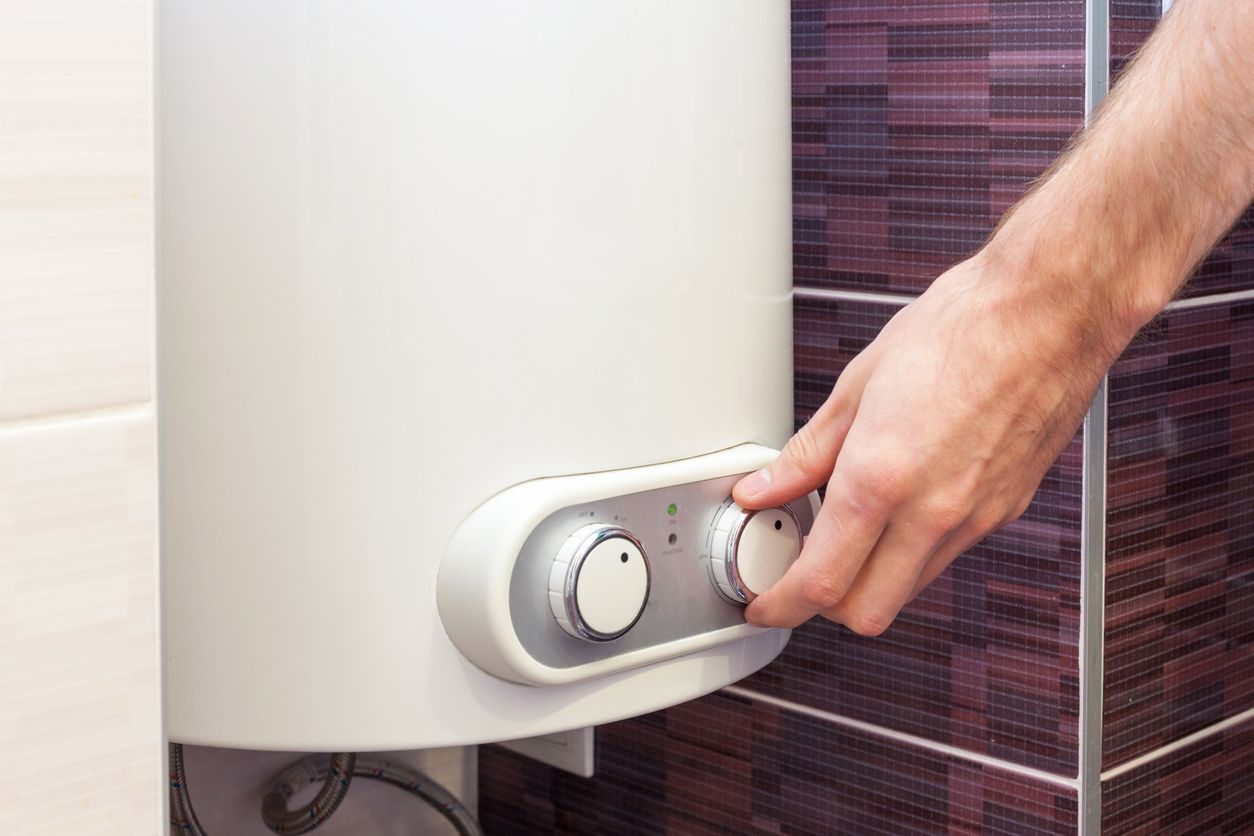How to Address the Common Water Heater Emergency Challenges
How to Address the Common Water Heater Emergency Challenges
Blog Article
Almost everyone has their own unique way of thinking about Common Hot Water Heater Problems.

A hot water heater is just one of the most vital standard appliances that can be found in a house. With hot water heater, you don't require to go through the anxiety of home heating water manually every single time there is a demand to take a bath, wash, or the recipes. There is constantly a possibility that your water heating system would certainly act up as with most mechanical devices.
It is necessary to note any little malfunction and tackle it rapidly prior to points leave hand. A lot of times, your hot water heater begins to malfunction when there is an accumulation of debris as a result of continual use. As a safety measure, periodic flushing of your hot water heater is recommended to avoid debris build-up as well as protect against functional failure.
Usual water heater emergency situations and also just how to take care of them
Dripping hot water heater tank.
A dripping storage tank could be an indication of deterioration. It can create damages to the flooring, wall surface and also electric devices around it. You might even be at threat of having your house swamped. In this scenario, you need to turn off your hot water heater, permit it to cool, and also thoroughly search for the source of the problem. Sometimes, all you need to do is to tighten a couple of screws or pipe connections in cases of minor leaks. If this doesn't function as well as the leakage persists, you may require to use the services of a technician for an ideal replacement.
Rising and fall water temperature.
Your water heater could start producing water of different temperatures typically ice hot or cold warm. There might be a requirement to replace either the thermostat or the home heating device of your water heating system.
Inadequate hot water
Handling a not enough supply of warm water can be irritating. It may be that the hot water heater can't sustain the hot water demand for your house. To take care of this trouble, you can attempt to adjust your heating unit's temperature level dial and wait for a couple of mins. If the problem lingers, you can ask for the assistance of a professional plumber. You might upgrade your water heater to one with a bigger capability.
Stained or odiferous water
When this occurs, you need to know if the problem is from the tank or the water source. If there is no funny smell when you run chilly water, then you are certain that it is your water heater that is defective. The odiferous water can be created by rust or the buildup of microorganisms or debris in the water heating system container.
Final thought
Some home owners overlook little warning and also minor faults in their water heater device. This just leads to further damages and a feasible total break down of your appliance. You must handle your water heater mistakes as soon as they come near prevent even more costs and unneeded emergency troubles.
With water heating systems, you don't need to go via the stress of home heating water manually every time there is a requirement to take a bath, do the laundry, or the recipes. Your water heating unit might start producing water of various temperatures normally ice hot or chilly warm. It may be that the water heating unit can't support the hot water demand for your house. If there is no amusing scent when you run chilly water, then you are certain that it is your water heating unit that is faulty. The stinky water can be created by rust or the accumulation of microorganisms or debris in the water heating unit tank.
Common Water Heater Issues and What You Should Do
What Type of Water Heater Do You Have?
Before we begin it’s first important that you identify the type of water heater you have on your property. There are two main types of water heaters out there: conventional and high efficiency.
Both of these types of products typically use either gas or electricity to heat power. There are also solar water heaters that use a thermal collector on the roof or yard to heat the water.
While these models are not as common, they can cut heating costs in half. In this article, we will focus on conventional and high efficiency.
How Do My Electric and Gas Water Heater Work?
Though they look similar, electric and gas water heaters work very differently. It’s important to know their basic function because often problems can be specific to the heating source.
In the electric model, a thermostat on the side of the machine detects the temperature of the water in the tank. When the temperature needs to rise electricity flows to a heating element suspended in the water.
Gas models also use a thermostat device — typically with a mercury sensor at the tip and an additional sensor called a thermocouple. The thermocouple detects whether the pilot light is on and controls the flow of gas.
When the thermostat drops below the appropriate level gas is released which becomes ignited by the pilot light. The flame heats the bottom of the water tank which causes hot water to rise and cold water to drop.
This natural circulation continues until the water reaches the desired temperature. Then, the thermostat triggers the gas control valve to shut off the flow of gas.
What Are the Most Common Issues and How Do You Fix Them?
https://happyhiller.com/blog/common-water-heater-issues-and-what-you-should-do/

I'm certainly very interested in The Importance of Water Heater Maintenance and I'm hoping you appreciated our blog posting. Appreciated our posting? Please share it. Let other people find it. Thank you so much for going through it.
We've got you, ring now! Report this page